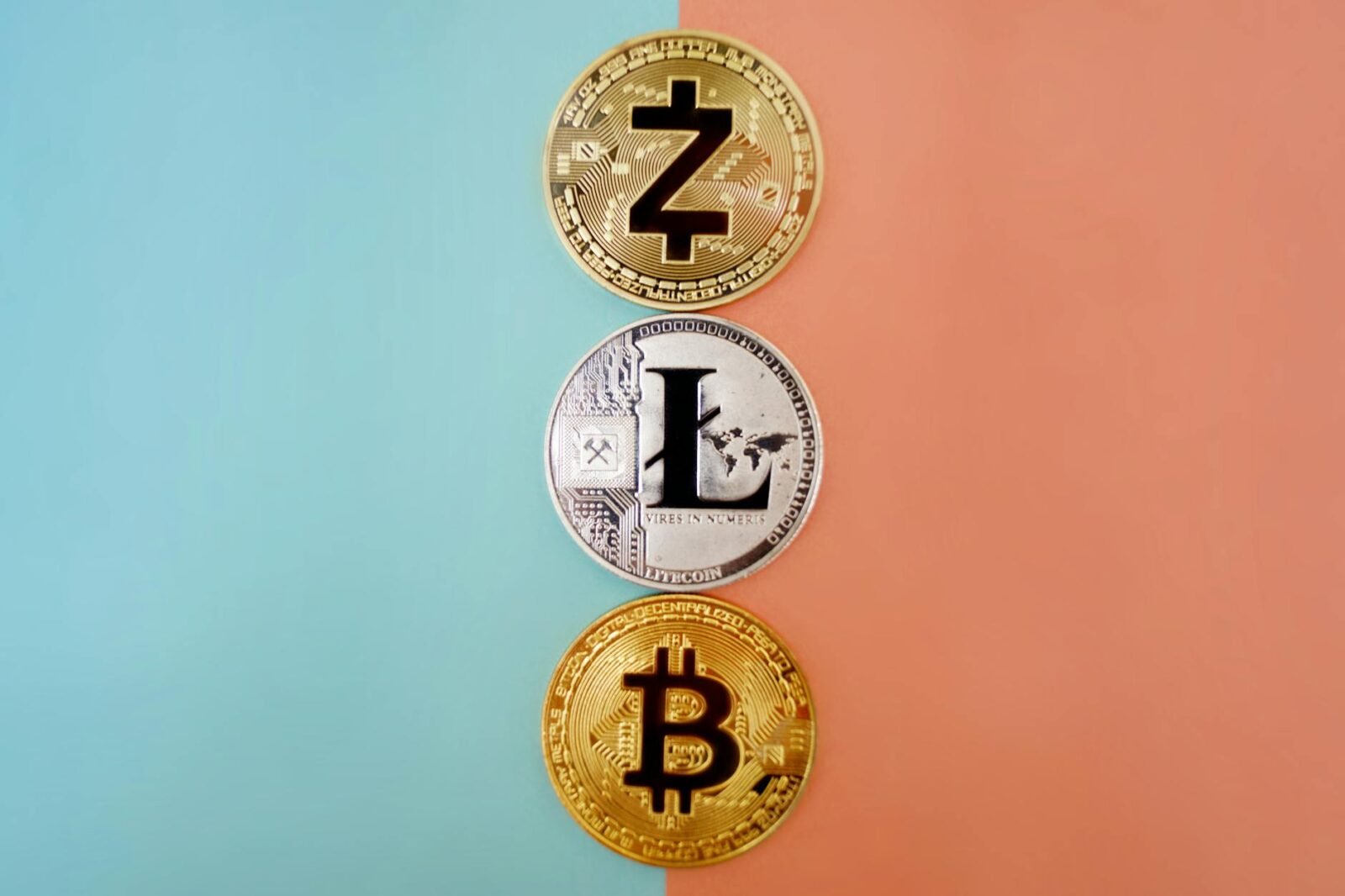Last Updated on January 2, 2025 by Daniele Lima
The Expert Tips for Personal Finance Guide For 2025
The beginning of a new year is a universal time of reflection and new beginnings. No matter where you are in the world, organizing your finances, resolving debt, learning to invest, or even starting a business is a need that transcends borders. This guide was developed to offer practical and affordable solutions for people in different countries and financial situations, helping to turn 2025 into a year of global achievement.
If you are in debt, feeling lost or without purpose, know that it is possible to reverse this scenario and take control of your financial life. Shall we start?
Table of Contents
How to Manage Personal Finance Debt: Step-by-Step Guide
Before making any plans, it is essential to understand where you are.
List all your debts: Write down the name of the creditor, the total amount, the interest rate, and payment deadlines. If necessary, use apps or spreadsheets that are popular in your area.
Negotiate with creditors: In many countries, the beginning of the year is a great time to renegotiate debts, as companies generally offer more flexible conditions.
Prioritize high-interest debt: Credit cards, personal loans, and financing can compromise your income globally.
Practical tip: In countries with financial education programs, look for free consultancy or public services that can help with debt renegotiation.
Personal Finance Budget Planning: 50/30/20 Rule Explained

A good budget is the foundation of a healthy financial life, whether in Brazil, the United States, Europe, or Asia.
Adopt the 50/30/20 Method:
50%: Essential costs, such as housing, food, and transportation.
30%: Desires and leisure, such as travel and hobbies.
20%: Debts and investments.
Use local tools: Applications like Mint, YNAB, or even simple spreadsheets can be adapted to your financial reality.
Global tip: Adjust your budget according to the local cost of living. Tools like Numbeo help you compare costs across different cities.
Emergency Fund Calculator: Personal Finance Savings Guide
Financial security is a necessity anywhere in the world.
How much to save? The ideal is to have 3 to 6 months of basic expenses.
Where to store? Choose highly liquid accounts or safe investments such as government bonds or bank certificates in your country.
Practical tip: Use global digital banks or multicurrency accounts for easier access to money, especially if you are in another country
Interactive Personal Finance Tools
Plan your financial journey with these calculators.
Personal Finance Investing Tips for Beginners
Once you’ve resolved debt and built an emergency fund, it’s time to invest to ensure a prosperous future.
Understand the basics: Invest time in learning about local and global assets such as stocks, real estate funds, ETFs, and cryptocurrencies.
Diversify: Combine low-risk investments (such as government bonds) with assets with greater potential, respecting your country’s regulations.
Use affordable platforms: Many global brokers allow investments with low initial amounts, such as eToro, Robinhood, or local brokers.
Practical tip: Invest in the language of the country where you live to better understand local markets.
Side Hustle Ideas: Personal Finance Growth Strategies
Entrepreneurship can be an excellent way to increase your income or start a new career.
Identify local opportunities: What problems can you solve in your community?
Validate your ideas: Test products or services with a small audience before expanding.
Invest in knowledge: Take online courses on platforms like Coursera or Udemy, which offer content in different languages.
Practical example: Digital businesses, such as e-commerce, work well in different countries and have low initial costs.
Finding Your Financial Purpose in 2024
The new year is not just about money, but also about finding meaning and direction in life. Ask yourself:
What are my overall goals?
How do I want to impact the world around me?
What motivates me to wake up every day?
Include goals that go beyond finances, such as learning a new language, traveling, or contributing to social causes in your region.
Practical Steps to Financial Success
| Step | Description |
|---|---|
| 1. Prioritize Debts | List all your debts and focus on paying off those with the highest interest rates first. This strategy minimizes the long-term cost of debt repayment. |
| 2. Create a Budget | Design a simple budget that accounts for the local cost of living. Track income and expenses to ensure you spend within your means. |
| 3. Build an Emergency Fund | Start small and save consistently to build an emergency fund that covers at least three months of essential expenses. |
| 4. Begin Investing | Explore safe and diversified investment options, even with a small initial amount. Platforms like Vanguard or Robinhood can help you get started. |
| 5. Expand Income | Consider side projects or entrepreneurship aligned with global market trends to increase your earning potential. |
| 6. Set Meaningful Goals | Define personal and financial goals that contribute to your well-being and positively impact the world around you. Use tools like Goal Setting Basics for guidance. |
Conclusion
No matter where you are on the planet, the power to transform your life is in your hands. Everyone, with what they have, can shape a new tomorrow for themselves and for those who will be impacted by a life transformation, be it mental, professional or financial. A small step today can pave the way for great achievements tomorrow.
Frequently Asked Questions About Personal Finance
How much should I save for an emergency fund?
Financial experts recommend saving 3-6 months of living expenses in an easily accessible account. Start with a goal of $1,000 and gradually build up from there.
What’s the best way to start budgeting as a beginner?
Begin with the 50/30/20 rule: 50% for needs, 30% for wants, and 20% for savings and debt repayment. Use budgeting apps or spreadsheets to track spending.
How can I pay off debt while saving money?
Focus on high-interest debt first while maintaining minimum payments on other debts. Allocate a portion of your income to both debt repayment and emergency savings.
When should I start investing?
Start investing once you have an emergency fund and have managed high-interest debt. Begin with low-cost index funds or employer-sponsored retirement accounts.
What are the best personal finance apps for beginners?
Popular options include Mint for budgeting, YNAB for zero-based budgeting, and Personal Capital for investment tracking. Choose based on your specific needs and goals.










Leave a Reply